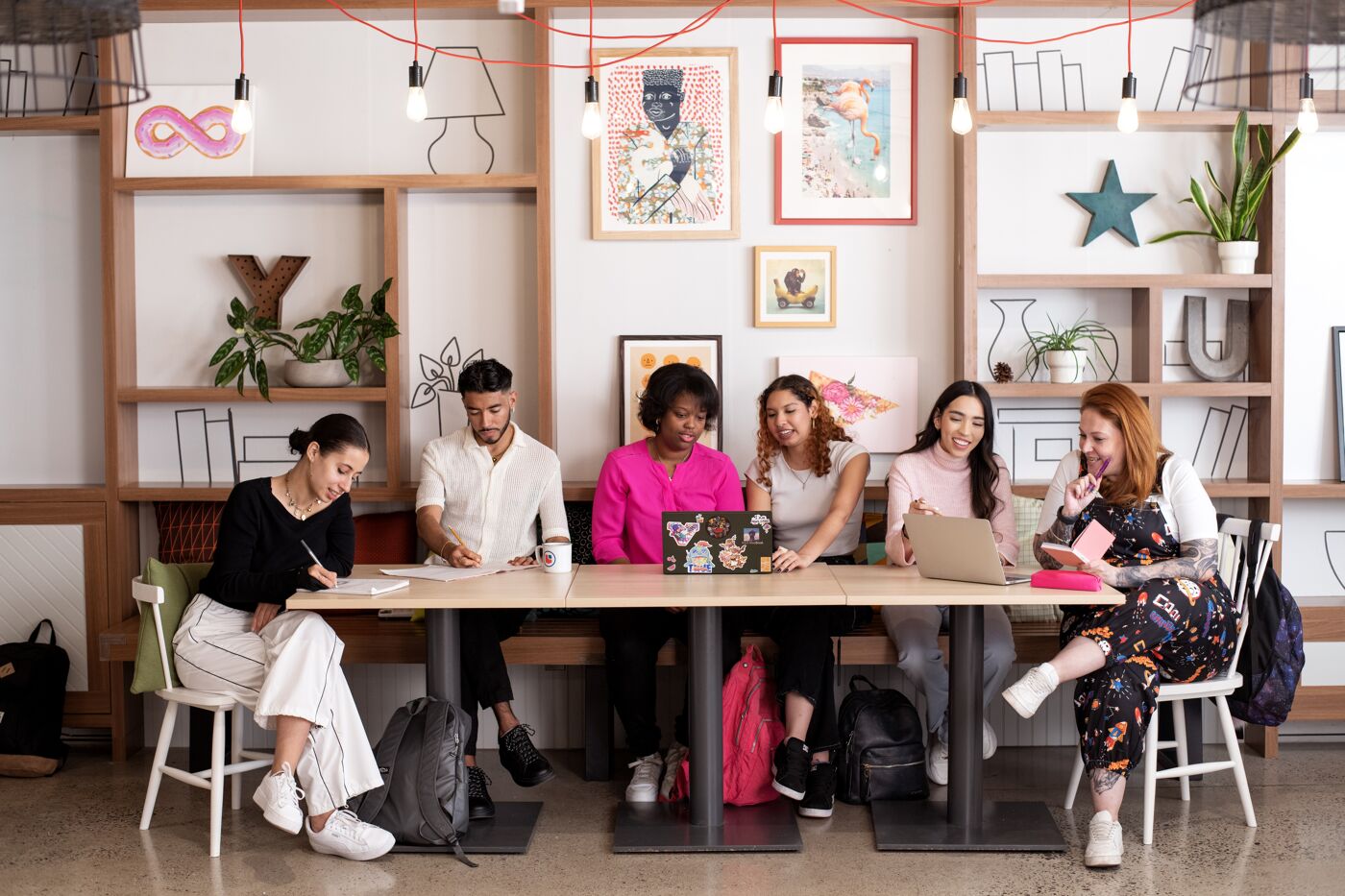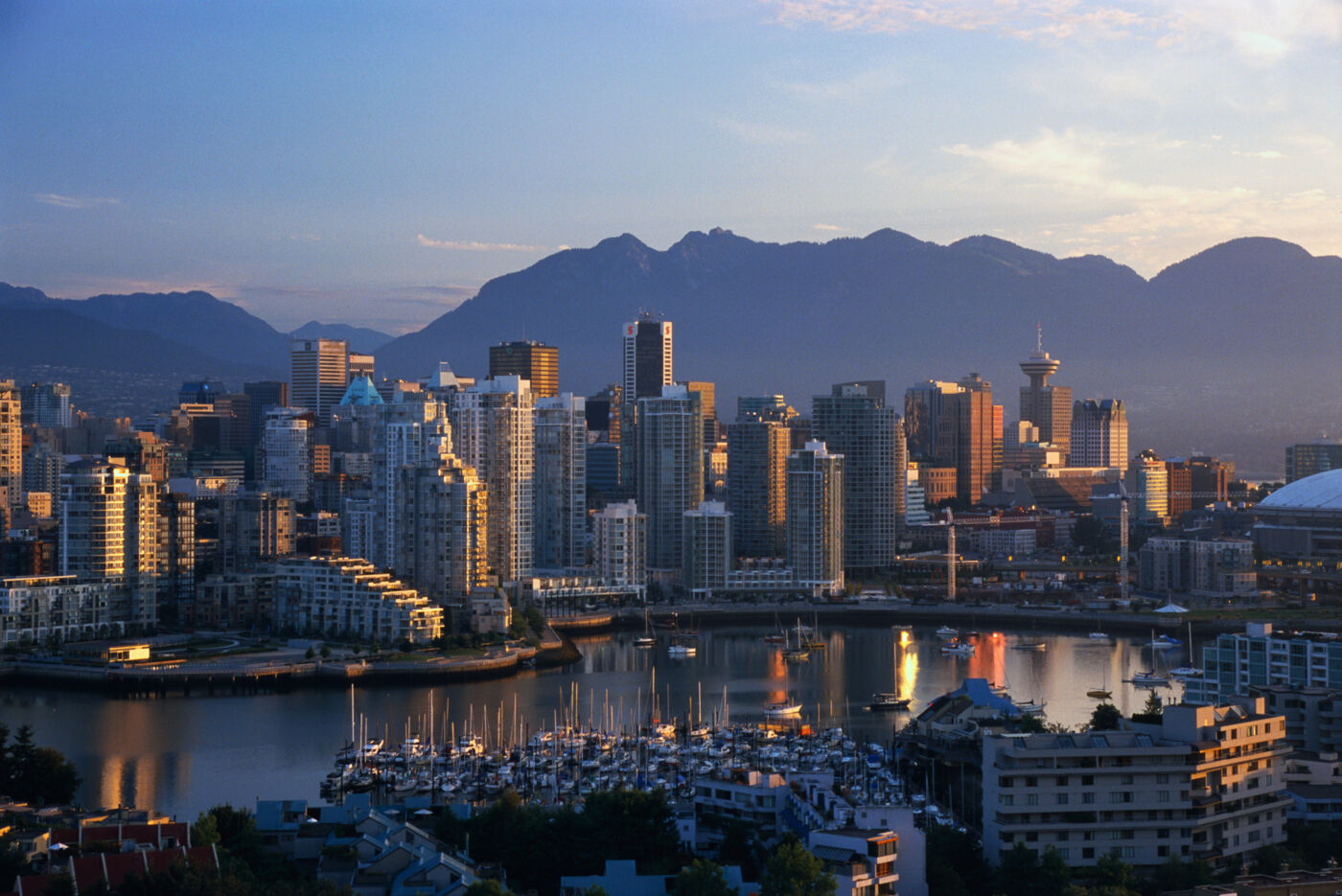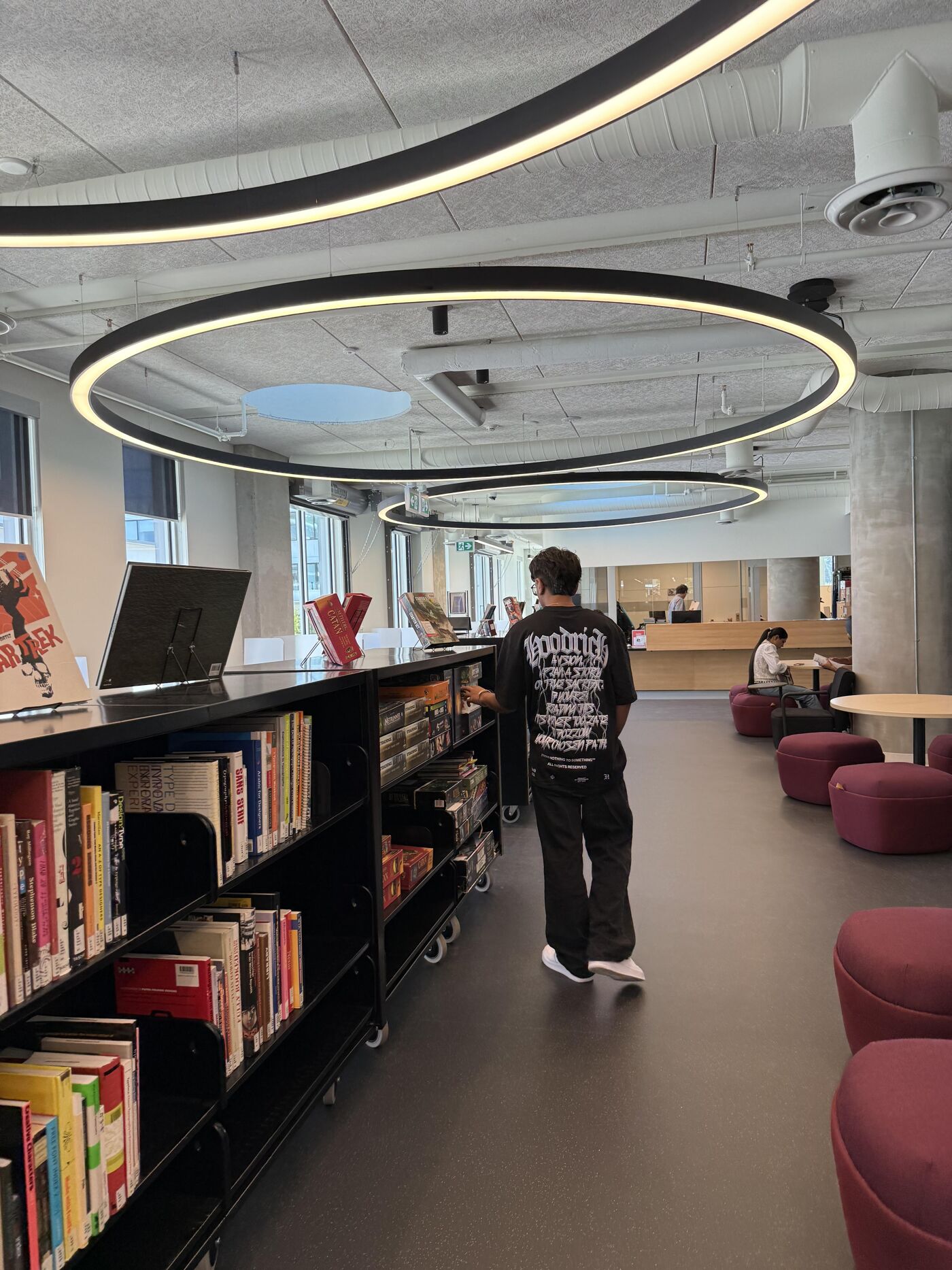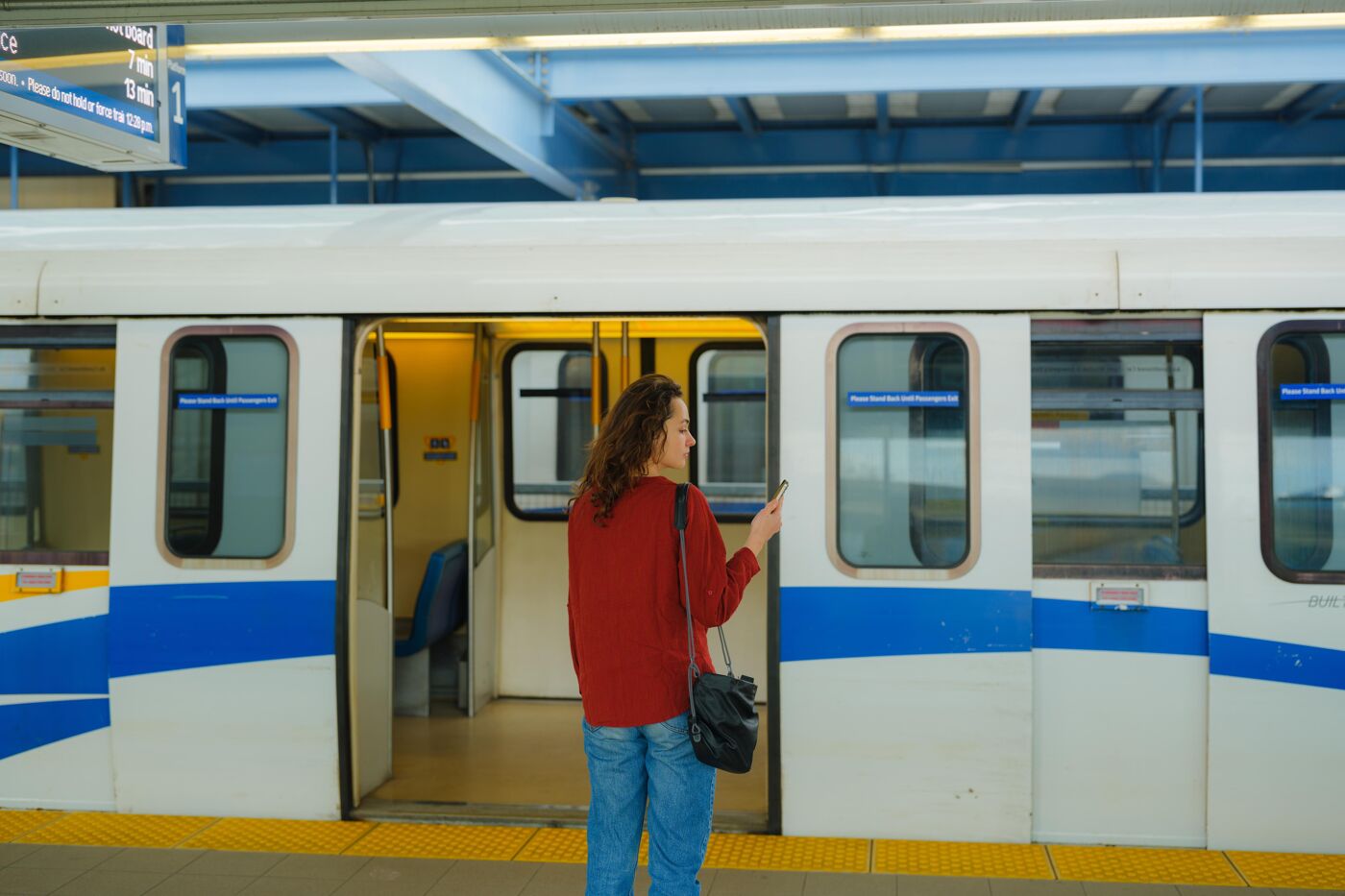Vancouver
Nichée entre l’océan Pacifique et les montagnes North Shore, Vancouver est une ville dynamique et multiculturelle réputée pour ses boutiques, sa gastronomie et sa vie culturelle exceptionnelle. Entourée de parcs et de plages, la ville offre d’innombrables possibilités d’aventures en plein air et ce, à chaque saison.
- Températures moyennes-7°C en hiver et 23°C en été
- LangueAnglais
- Population2,66 million
- MonnaieDollar canadien
Options d'hébergement
Coût de la vie
Voici un aperçu des dépenses mensuelles typiques à Vancouver (en CAD) :
- Logement (en colocation) : 900 $ à 1 400 $
- Téléphone : 45 $ à 60 $
- Nourriture : 400 $ à 500 $
- Transports en commun : 105 $ à 189 $
- Assurance médicale : 75 $
Taxes
Au Canada, les taxes de vente sont ajoutées à la caisse. Prévoyez une TPS de 5 % et une TVP de 7 % sur la plupart des achats. Par exemple, un t-shirt à 10 $ coûtera environ 12 $ après taxes.
Pourboires
Le pourboire est une pratique courante au Canada.
- Restaurants : 12 à 15 % avant taxes, ou 15 à 18 % pour les grands groupes (souvent ajouté automatiquement).
- Autres services : 10 % est habituel pour les coiffeurs, manucures ou chauffeurs de taxi.
Bibliothèque publique de Vancouver
La Bibliothèque publique de Vancouver (VPL) compte 22 succursales à travers la ville, avec la principale située au 350 West Georgia Street au centre-ville de Vancouver.
En plus des livres et des publications, la bibliothèque propose des laboratoires informatiques et une large gamme de ressources numériques pour ses membres.
Carte de bibliothèque
- Adhésion gratuite : disponible si vous restez à Vancouver au moins six mois.
- Adhésion à court terme : frais de 25 $ si votre séjour est inférieur à six mois.
Pour faire une demande, apportez :
- Votre passeport
- Votre carte d’étudiant LCI Language School
- Un courrier ou une facture à votre nom avec une adresse à Vancouver
Résidence étudiante
TransLink
TransLink exploite le réseau de transport en commun de Vancouver. Le service est moins fréquent les week-ends et les jours fériés.
Autobus et SkyTrain
- Le réseau d’autobus et de SkyTrain couvre la majeure partie de la ville et des rues principales.
- Vous pouvez acheter un billet de transport unique (valable 90 minutes sur tous les services TransLink, y compris autobus, SkyTrain et SeaBus) ou utiliser une Compass Card avec des fonds prépayés.
- Les autobus n’acceptent que les pièces de monnaie et ne rendent pas la monnaie.
- Les Compass Cards et les billets uniques sont également disponibles aux distributeurs automatiques des stations de SkyTrain, qui acceptent pièces, billets, cartes de débit et de crédit.
SeaBus
- Le SeaBus relie la Waterfront Station (centre-ville) à Lonsdale Quay à North Vancouver.
Compass Card
- Achetez une Compass Card aux distributeurs automatiques dans les stations de SkyTrain, y compris à l’aéroport YVR près du quai du SkyTrain.
- Le paiement peut se faire en espèces ou par carte de crédit.
- Besoin d’aide ? Cherchez le personnel du SkyTrain en gilet vert — ils sont toujours prêts à vous aider.
Vélos
- Vancouver est une ville adaptée aux vélos avec de nombreuses pistes cyclables autour de Stanley Park, False Creek et Kitsilano.
- Un service de vélos en libre-service est également disponible pour les courts trajets ou les déplacements quotidiens.
Autopartage
- Vancouver propose deux principaux services d’autopartage : Modo et Evo Car Share.
- Idéal si vous n’avez besoin d’une voiture qu’occasionnellement : prenez un véhicule, conduisez jusqu’à votre destination et terminez votre trajet sans revenir au point de départ.
- Un permis de conduire de la Colombie-Britannique (ICBC) est requis, et il est important de consulter la réglementation locale avant d’utiliser ces services.
Prêt à apprendre une nouvelle langue?
Inscrivez-vous maintenant



